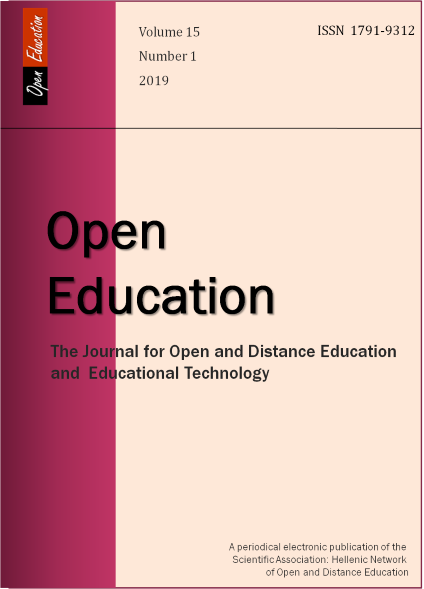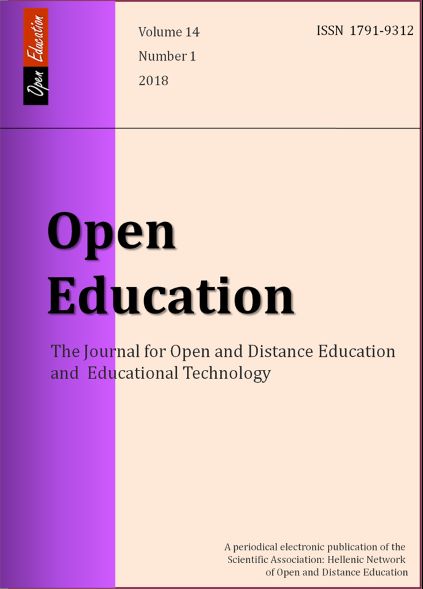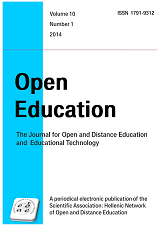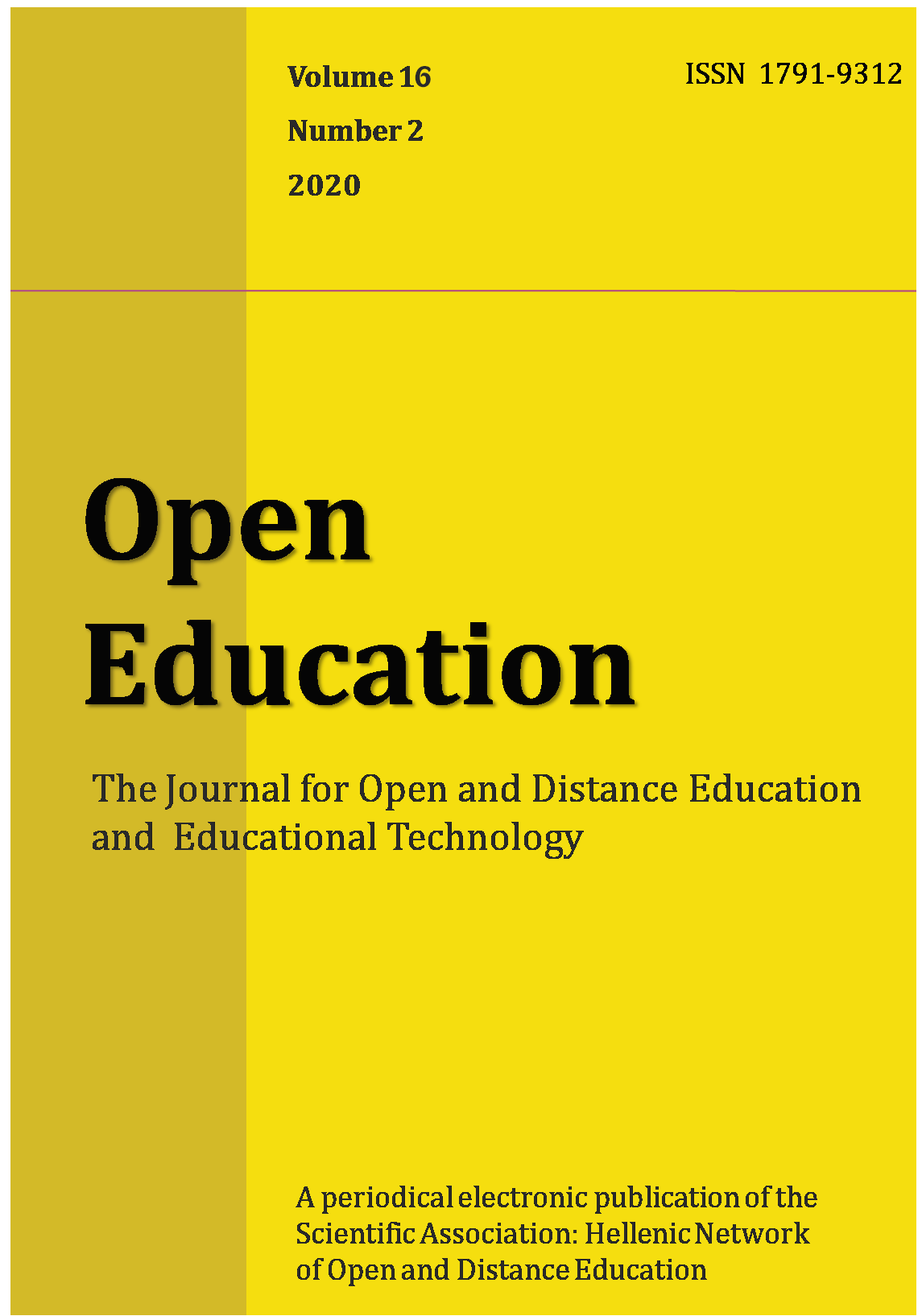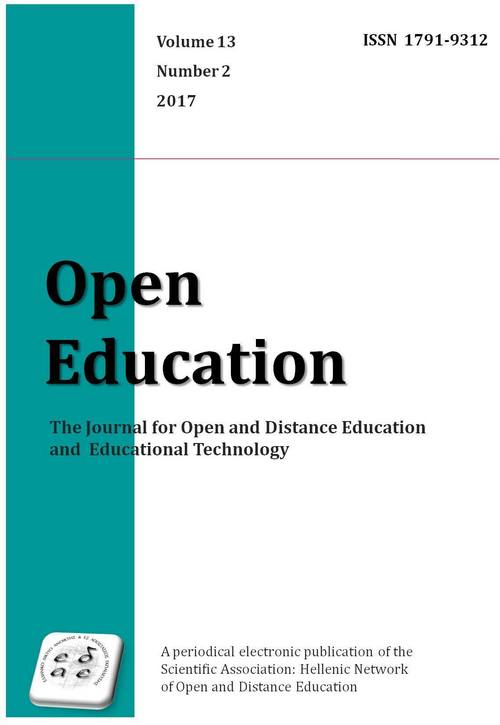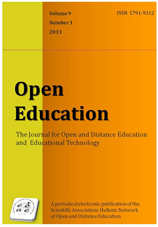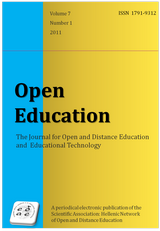The Hellenic Open University: Innovations and Challenges in Greek Higher Education
Περίληψη
The Hellenic Open University (HOU) is a state university equivalent to all the others in Greece. This article highlights key moments in the 20-year history of the HOU, relevant expertise, lessons learned so far and challenges that threaten or inspire a quality culture of enhancement. Combining the theoretical principles of distance education with empirical research implemented in the HOU, the article illustrates its achievements and the innovations brought to Greek higher education that have had a great impact and affect both undergraduate and post-graduate courses in all Greek universities. The new complex and diverse role of the tutors, the liberation of the educational process from the constraints of time and space, the interaction between tutor-student-institution, the autonomous and independent route of self-directed learning and also the crucial role of the educational material in the learning process are some of the innovations, which define a new educational environment, unknown until recently in Greece. In this context, lifelong learning and adult education policies directly link wider social classes to educational processes. This educational mobilization of a wider social class that until recently was outside the educational process is also the great contribution of the HOU to educational reform in the country. HOU faces new challenges in the 21st century and has to commit to continuous quality enhancement in order to serve adult students’ needs.
Λεπτομέρειες άρθρου
- Πώς να δημιουργήσετε Αναφορές
-
- Τεύχος
- Τόμ. 15 Αρ. 1 (2019)
- Ενότητα
- Μέρος πρώτο / Section 1

